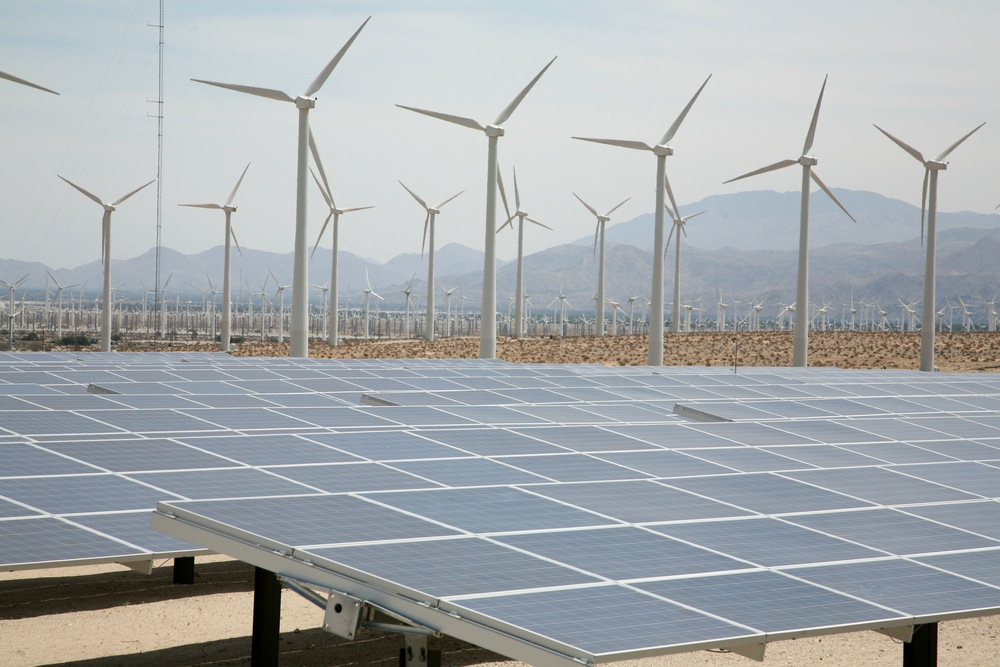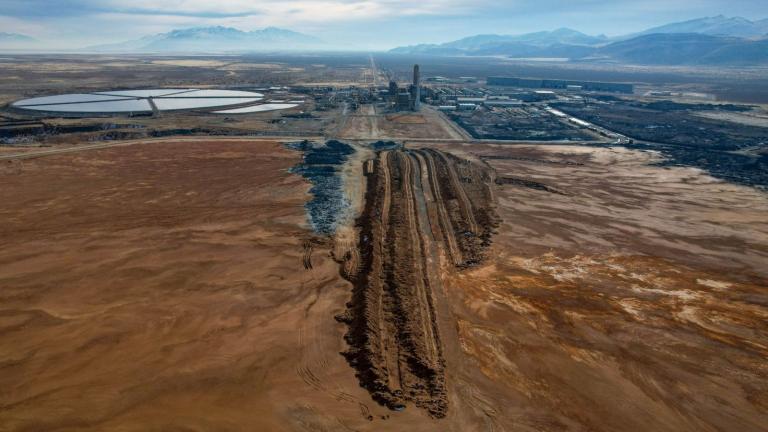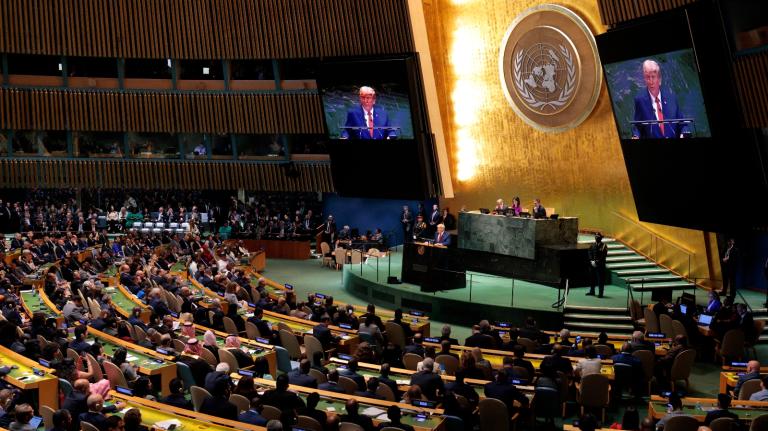[protected-iframe id=”1a6e67c6f98b88de4a01d08f1f619243-5104299-30178935″ info=”http://www.cbsnews.com/common/video/cbsnews_player.swf” width=”470″ height=”309″]
A recent 60 Minutes segment is drawing sharp criticism for its pessimistic take on the green technology sector, which questioned whether cleantech has become a “dirty word.”
“The Cleantech Crash,” which aired Jan. 5 and can be watched above, argues that renewable energy and other types of clean technology are a dying industry. Critics have called the segment a “hit job,” a “debacle,” an “about face” and even “Dumb & Dumber Part 3.”
One of the biggest issues with the segment, critics charge, is that it conflated the Silicon Valley cleantech venture capital scene with the Department of Energy’s loan guarantee program for renewable energy.
Climate Progress’ Joe Romm contends that CBS missed the point by focusing on the failure rate of private-sector startups and “[failed] to understand that the successes more than pay for the failures.” It’s worth noting that as many as three-quarters of all venture-backed businesses fail, the Wall Street Journal explained in 2012. Only three in 10 startups in the cleantech sector yield favorable returns for investors, according to a 2004 estimate.
The New York Times recently profiled the U.S. solar industry in a front-page story, noting that companies are benefitting from a “solar power craze that is sweeping Wall Street.” Despite the recent U.S. oil and gas boom, the country “has more than doubled electricity generation from wind and solar” in the past four years, notes the San Jose Mercury News’ Dana Hull.
“If 60 Minutes had taken just two minutes to call us, they could have gotten some of their facts straight,” Ken John, a vice president of the Solar Energy Industries Association, told the Washington Examiner. “In truth, America’s solar energy industry just closed the books on a record-shattering year in 2013.”
The 60 Minutes segment also focused on the Department of Energy’s loan guarantee program, which has funneled billions of dollars into low-carbon and clean-energy projects since the passage of the Energy Policy Act of 2005. The goal of the program “is not to make money,” Romm notes, but to accelerate the deployment of clean energy technology, while dropping prices and creating jobs.
Jonathan Silver, the former head of the DOE’s loan guarantee program, testified before Congress in 2012 that the portion of grants given to ventures that later failed “represent[s] less than 3 percent of the total portfolio.” He told Fortune in June that the program “has been a significant success. … Markets will always have difficulty deploying innovative technologies at scale. Fundamentally, a program like this is necessary to address that market failure.”
Despite the successes of the program and analyses showing its cost-effectiveness for taxpayers, Sunday’s segment focused on two notable failures — automaker Fisker and solar panel manufacturer Solyndra. While interviewing former Energy Department undersecretary Steven Koonin, 60 Minutes host Lesley Stahl rattled off seven other failures of the DOE program before declaring, “I’m exhausted.” Their focus on those outliers in the DOE program, however, was “both stale and overblown,” GigaOM’s Katie Fehrenbacher argues.
To CBS’ credit, it has been a rocky road for some venture capitalists in the clean technology sector, Fehrenbacher notes. There was a bubble, but “only in the venture capital, Silicon Valley ecosystem,” she explains. 60 Minutes did itself a disservice by combining the “totally separate and different” stories of venture capital and federal support for green technology. One problem, according to Fehrenbacher is that cleantech is a “convoluted term,” that “can mean many things, and isn’t all that helpful as an organizing group.” The segment makes reference to the “general cleantech area,” while discussing biofuels, solar panels, electric vehicles, and other widely divergent industries.
Critics have also noted that the words “climate change,” “global warming,” “greenhouse gas emissions,” or “carbon dioxide” were never uttered in the 60 Minutes segment.
Updates: “Simply put, 60 Minutes is flat wrong on the facts,” U.S. Department of Energy spokesperson Bill Gibbons said in an emailed statement. “The clean energy economy in America is real and we are increasingly competitive in this rapidly-expanding global industry. This is a race we can, must and will win.”
Merica International Chief Technology Officer Robert Rapier, who was featured in the 60 Minutes segment, spoke with Climate Progress about his interview with Leslie Stahl. He said the first question Stahl asked was, “Cleantech is dead. What killed it?” Rapier said he didn’t know what the general tone of the segment would be until he saw a promo last Saturday and said to himself, “Oh, that doesn’t look good.” Read his entire interview with Climate Progress here.
 This story was produced by The Huffington Post as part of the Climate Desk collaboration.
This story was produced by The Huffington Post as part of the Climate Desk collaboration.




